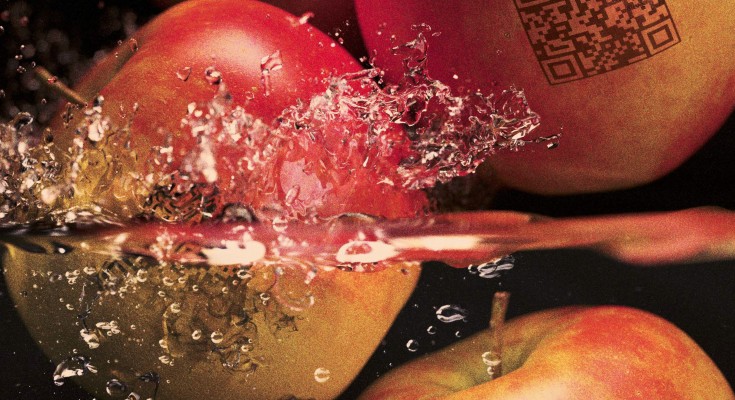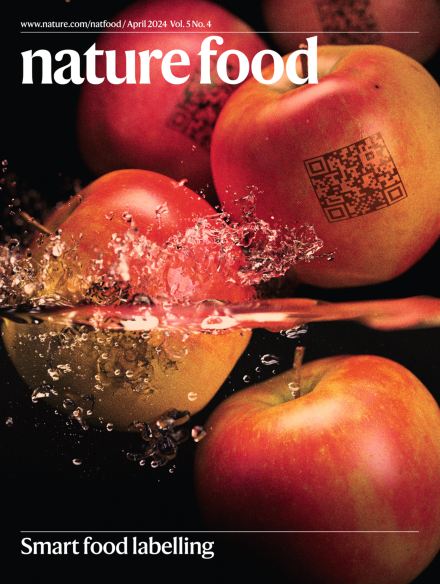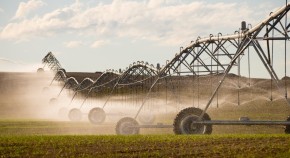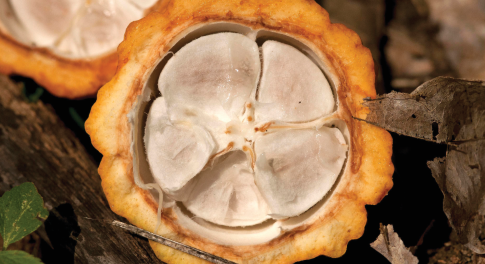
Read our April issue
Sustainable pork production, smart food labelling, phosphorus balancing, personalized nutrition, hybrid intelligence in agriculture, methylmercury in rice, EU subsidies to livestock… and more!

Sustainable pork production, smart food labelling, phosphorus balancing, personalized nutrition, hybrid intelligence in agriculture, methylmercury in rice, EU subsidies to livestock… and more!



A sweet gel from the endocarp of cocoa pods and the concentrated juice of the cocoa fruit pulp can replace sugar in a chocolate recipe, reducing the environmental impact associated with its production and improving the nutritional value of chocolate.